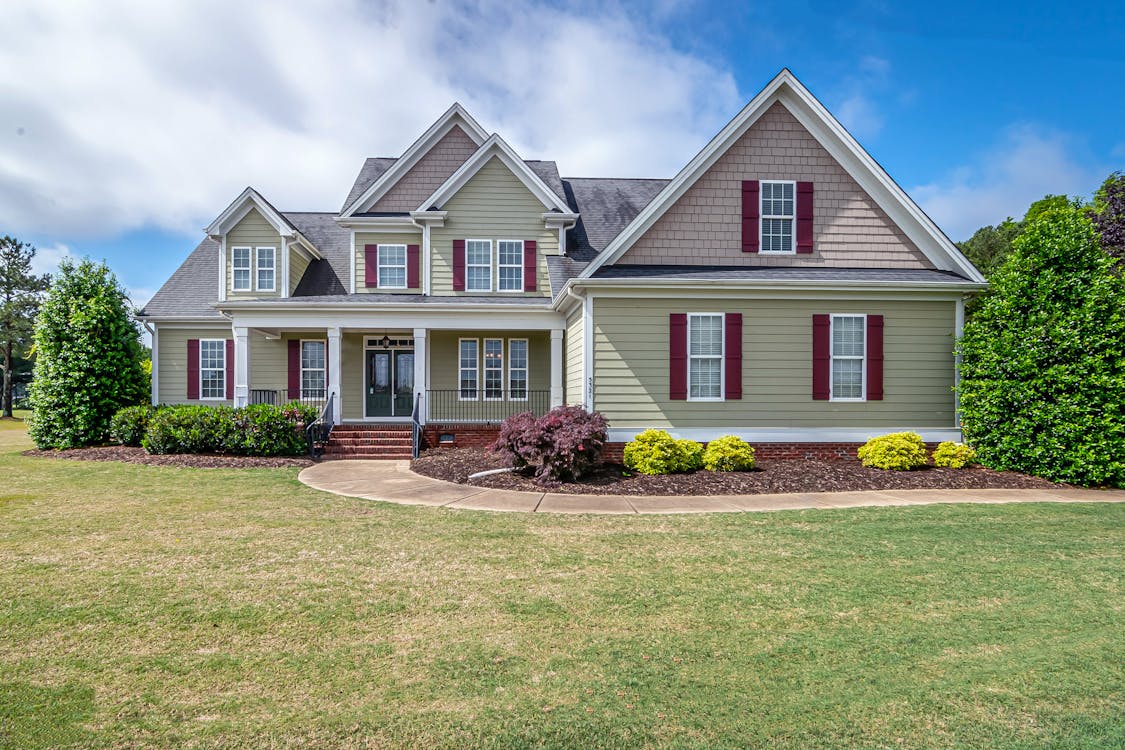
If you’re planning to buy a home, it’s essential to get as much value as possible out of each viewing. Being well-prepared and asking the right questions can give you the insights you need to decide whether to make an offer or keep looking.
To help you make a well-informed decision, here’s a list of important questions to ask during a house viewing, along with the reasons why they matter:
1. How Long Has the Property Been on the Market?
Knowing how long a property has been listed can tell you a lot about its appeal and potential red flags. If it’s been on the market for a long time, it might be due to an overly high asking price, issues with the condition of the home, or other concerns that are turning buyers away. It’s worth asking about the timeline to get a clearer picture.
2. Has There Been Much Interest from Other Buyers?
Find out if the property has attracted much attention. Ask how many viewings there have been and whether any offers have already been made. If there are offers, it’s helpful to ask what they were and whether the seller is open to negotiation. This gives you a better understanding of the level of competition and helps you decide how strong your offer needs to be.
3. Are There Any Upcoming Developments Nearby?
It’s a good idea to ask about any planned developments in the area. Future construction, roadworks, or changes to local zoning could have a big impact on both your lifestyle and the future value of the property. Whether it’s a new shopping centre, housing estate, or highway, knowing what’s on the horizon helps you make a more informed choice.
Check out these houses for sale in Inner West if you’re looking for a place with many developed areas already.
4. What’s the Neighbourhood Like?
While doing your research is essential, it’s also worth asking the estate agent about the area. If you have children, or plan to ask about local schools and their reputations. For commuters, find out what transport options are available, including driving routes, cycling infrastructure, and public transport links. You might also ask about the general feel of the neighbourhood, the neighbours, and whether crime is an issue. A useful tip: visit the area at different times of the day and evening to get a sense of noise levels, activity, and overall atmosphere.
5. How Long Have the Current Owners Lived Here, and Why Are They Moving?

Understanding the seller’s motivation can give you valuable insight. If they’ve lived in the property for many years and are now upsizing or downsizing, that’s usually a positive sign. But if they’ve only been there a short time, it’s worth digging deeper—it could suggest there are problems with the house, the neighbours, or the area itself. While not always a red flag, sudden moves can sometimes indicate underlying issues.
6. How Old is the Property, and Have Any Renovations Been Done?
Don’t overlook questions about the condition and history of the home. Ask about the age of the house, whether any renovations or structural work have been completed, and if so, when. Key areas to ask about include the roof, windows, doors, boiler, and insulation—repairs or replacements can be costly.
As you tour the property, keep an eye out for visible signs of damage like cracks, damp patches, or discoloured ceilings and walls. Musty smells can also hint at damp or mould problems. While a professional survey will highlight any major concerns, a quick check yourself can help you spot potential issues early on.
7. What’s the Neighbourhood Like?
The surrounding area can have just as much impact on your decision as the house itself. Ask about local amenities like shops, parks, and public transport, as well as the quality of nearby schools. It’s also worth finding out about the general atmosphere—do people feel safe? Is there a sense of community? A great neighbourhood can make all the difference to your lifestyle and long-term happiness in your new home.
8. How Does the Price Compare to Similar Properties?
It’s important to know if the property is fairly priced. Ask your estate agent for a comparison with similar homes recently sold or currently on the market in the area. If the price seems higher than average, there may be a reason, or it could present an opportunity to negotiate.
9. What’s Included in the Sale?
Clarify exactly what comes with the property. Will things like light fixtures, kitchen appliances, garden sheds, or blinds be staying? Are there any exclusions you should be aware of? Understanding what’s included helps you evaluate the true value of the home and avoids any surprises later on. Also, find out if the seller plans to leave any furniture—or if you’d prefer they take everything with them.
10. What’s the Property’s History?
Ask about the home’s past. Have there been any major renovations, repairs, or insurance claims? How many previous owners has it had? Learning about the property’s history can give you valuable context and alert you to any potential maintenance or structural issues.
11. How Long Has the Property Been on the Market?
If the home has been listed for a while, it might signal concerns such as overpricing, limited appeal, or hidden issues. It’s worth asking why it hasn’t sold yet. A long time on the market doesn’t necessarily mean there’s something wrong, but it’s an important detail to consider.
12. When are the Sellers Hoping to Move?
Find out the seller’s timeframe. If they’re ready to move quickly and there’s no chain involved, the process could be smoother and faster. But if they’re still house-hunting or tied to another sale, it might take longer to complete the purchase. Knowing their situation can help you plan your timeline accordingly.